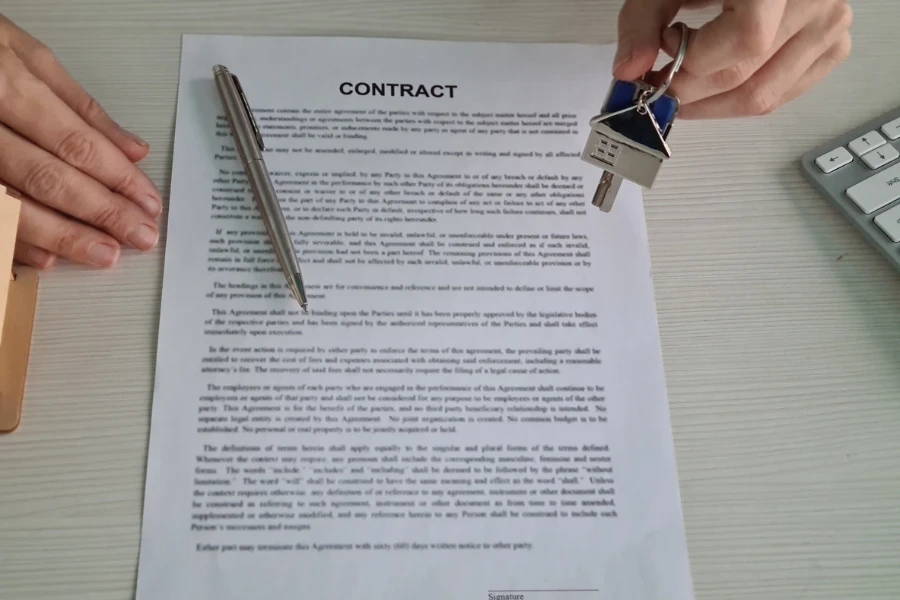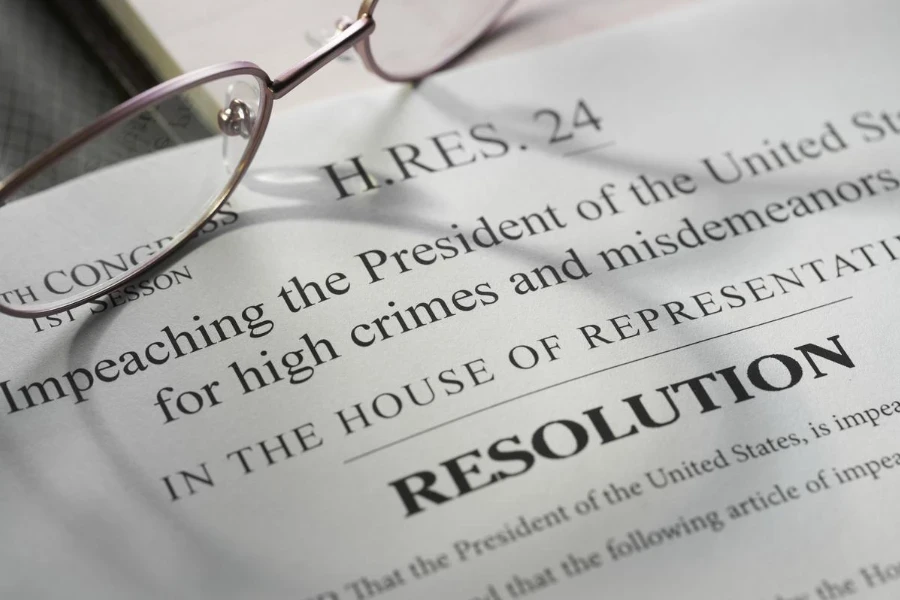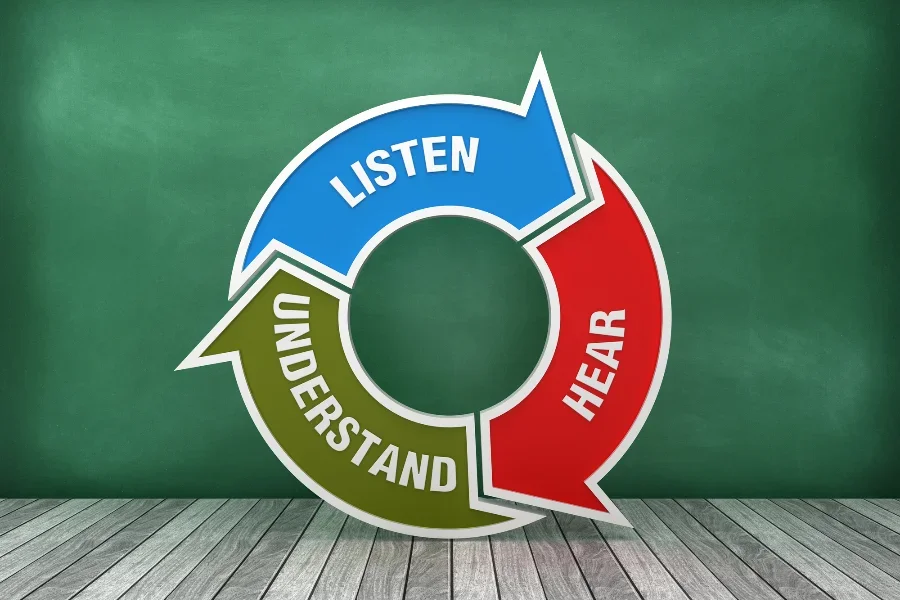Contract negotiation is a critical process in the business world, serving as the backbone of successful partnerships and transactions. It involves the discussion and finalization of terms between two or more parties, aiming to reach a mutually beneficial agreement. This article delves into the intricacies of contract negotiation, shedding light on the strategies, challenges, and best practices that define this essential business activity. Through a clear, authoritative, and empathetic approach, we aim to equip readers with the knowledge and tools needed to navigate contract negotiations confidently.
Table of Contents:
– Understanding the fundamentals of contract negotiation
– The role of preparation in successful contract negotiations
– Common challenges in contract negotiation and how to overcome them
– Strategies for effective communication during contract negotiations
– The importance of flexibility and creativity in contract negotiation
Understanding the fundamentals of contract negotiation

Contract negotiation is more than just agreeing on the price. It encompasses various aspects, including payment terms, delivery schedules, quality standards, and confidentiality agreements. Understanding these elements is crucial for both parties to ensure that their interests are adequately protected and objectives met. This section explores the foundational principles of contract negotiation, providing a solid starting point for those looking to understand the process better.
Negotiation is an art that requires both skill and patience. It’s about finding common ground and crafting agreements that offer value to all involved parties. This involves a deep understanding of one’s own needs and constraints, as well as those of the counterparty. Effective negotiation ensures that relationships are strengthened, rather than strained, paving the way for future cooperation.
Moreover, the legal implications of contract negotiations cannot be overlooked. Every clause and term agreed upon has potential legal consequences. It’s essential to have a clear understanding of these implications to avoid future disputes. This underscores the importance of due diligence and, in many cases, the need for legal advice during the negotiation process.
The role of preparation in successful contract negotiations

Preparation is key to successful contract negotiations. It involves thorough research and understanding of the market, the counterpart’s background, and the deal’s specifics. This section discusses the steps and strategies involved in preparing for negotiations, emphasizing the importance of being well-informed and ready.
Having a clear set of objectives and knowing what is negotiable and what is not is vital. This clarity helps in setting realistic expectations and in formulating a negotiation strategy that aligns with one’s goals. Preparation also involves anticipating the needs and concerns of the other party, which can be instrumental in crafting proposals that are appealing and acceptable to them.
Furthermore, preparation is not just about gathering information but also about setting the right mindset. Approaching negotiations with a positive, open-minded attitude can significantly impact the outcome. It fosters an environment of trust and collaboration, essential ingredients for a successful negotiation.
Common challenges in contract negotiation and how to overcome them

Contract negotiation is fraught with challenges, from communication barriers to conflicts of interest. This section identifies some of the most common obstacles encountered during negotiations and offers practical solutions to address them.
One major challenge is the misalignment of interests. It’s not uncommon for parties to have different priorities and goals. Overcoming this requires effective communication and the willingness to understand the other party’s perspective. Finding common ground and focusing on mutual benefits can help bridge the gap between differing objectives.
Another challenge is the potential for misunderstandings, often resulting from unclear communication. To mitigate this, it’s crucial to ensure that all terms and conditions are explicitly discussed and documented. This not only minimizes the risk of disputes but also clarifies expectations for all parties involved.
Lastly, negotiations can sometimes reach an impasse, where neither party is willing to budge. In such cases, introducing creative solutions or compromises can be beneficial. It’s also helpful to revisit the negotiation objectives and priorities to identify areas where flexibility is possible.
Strategies for effective communication during contract negotiations

Effective communication is the cornerstone of successful contract negotiations. It involves not just the exchange of information but also active listening, empathy, and the ability to articulate one’s position clearly and persuasively. This section explores strategies to enhance communication during negotiations, ensuring that discussions are productive and lead to favorable outcomes.
Building rapport with the negotiating party can significantly impact the negotiation’s tone and trajectory. Establishing a connection on a personal level can facilitate smoother communication and foster a collaborative atmosphere. It’s also important to be mindful of non-verbal cues, as they can convey messages just as powerfully as words.
Moreover, asking open-ended questions and encouraging dialogue can lead to a deeper understanding of the other party’s needs and concerns. This approach not only demonstrates respect and interest but also opens up avenues for exploring alternative solutions that might not have been considered otherwise.
The importance of flexibility and creativity in contract negotiation

Flexibility and creativity are invaluable traits in contract negotiation. They enable negotiators to adapt to changing circumstances and to devise innovative solutions that satisfy all parties. This section highlights the significance of these qualities and how they can be leveraged to overcome obstacles and reach mutually beneficial agreements.
Being flexible doesn’t mean compromising one’s objectives; rather, it’s about being open to different paths to achieve those objectives. It involves a willingness to adjust one’s approach and consider alternative proposals that still align with the overarching goals.
Creativity, on the other hand, is about thinking outside the box. It’s about finding unique solutions to common problems, which can often lead to breakthroughs in negotiations. Whether it’s through unconventional terms, novel payment arrangements, or inventive performance metrics, creativity can pave the way for agreements that are both satisfying and sustainable.
Conclusion:
Contract negotiation is a complex but essential process in the business world. It requires a deep understanding of the negotiation principles, thorough preparation, and the ability to navigate challenges with effective communication, flexibility, and creativity. By embracing these strategies, negotiators can enhance their effectiveness, fostering agreements that are beneficial for all parties involved. As we continue to explore and understand the nuances of contract negotiation, we empower ourselves to build stronger, more collaborative business relationships.




